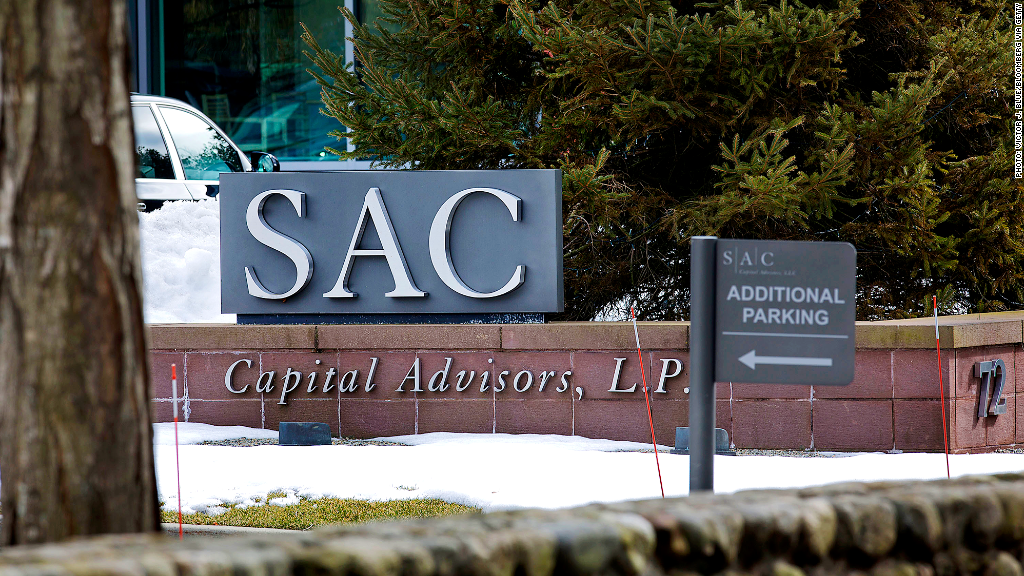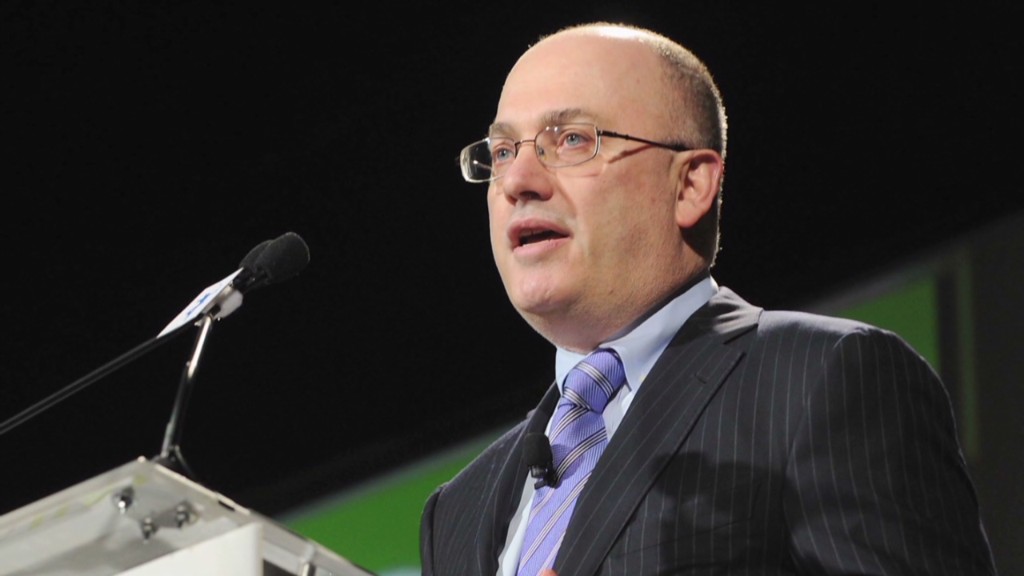
Wall Street firms employ armies of lawyers responsible for ensuring compliance with securities laws. SAC Capital may have had some of the world's worst.
That's according to the criminal indictment announced Thursday against the hedge fund firm, which for years has been one of the most profitable in the world. SAC, run by billionaire investor Steven Cohen, is accused of fostering a culture of law-breaking in which employees plied corporate insiders for illicit investment tips.
Six former portfolio managers or research analysts from SAC have already pleaded guilty to insider trading while at the firm, with two more awaiting trial. But prosecutors say this conduct couldn't have persisted for so long without a stunning lack of oversight from the SAC's management, and in particular its compliance department, the division tasked with policing the firm internally.
"Compliance at SAC, to the extent that it existed, was woefully inadequate," FBI assistant director George Venizelos said.
Despite the bevy of former employees who have admitted to insider trading, SAC's compliance department has caught only one incidence of insider trading in the firm's history, the indictment says. In that case, the two employees allegedly involved are said to have faced fines while avoiding being reported to law enforcement or dismissed.
The indictment excerpts a number of emails and instant messages from SAC traders suggesting they had information from corporate insiders.
In 2007, for example, former SAC analyst Jon Horvath emailed Cohen with a trading recommendation concerning Sun Microsystems, saying: "My edge is contacts at the company and their distribution channel." This email and similar communications apparently failed to spark concern over possible law-breaking from SAC management.
The "limited" number of internal investigations the compliance department conducted "were generally weak," the indictment says, "with a focus on 'confirming' with a SAC [portfolio manager] or SAC [research analyst] in an interview that an email implying access to Inside Information was an inartfully drafted e-mail."
The FBI's Venizelos said the compliance department "was effective in explaining away potentially troublesome employee e-mails that seemed to describe access to inside information."

SAC said Thursday that it "has never encouraged, promoted or tolerated insider trading and takes its compliance and management obligations seriously."
"The handful of men who admit they broke the law does not reflect the honesty, integrity and character of the thousands of men and women who have worked at SAC over the past 21 years," the firm said.
SAC's compliance department also allegedly failed to police employees' use of expert networks, firms that connect investment professionals and corporate insiders and have been implicated in a number of insider-trading cases in recent years.
Among new hires, SAC allegedly sought out traders with contacts in the corporate world who could offer trading tips. In one instance, the government says, portfolio manager Richard Lee was hired despite a reputation for being part of the "insider trading group" at his previous firm.
Related: Wall Street sheriff says no one too big to indict
A lawyer for Lee, who pleaded guilty this week to insider trading while at SAC, said Lee "is cooperating with the government and looks forward to moving past this episode in his life." The lawyer, Richard Owens, declined to comment on the allegations about Lee's earlier conduct.
SAC lawyers did speak up against Lee's hiring, the indictment says, but they were allegedly overruled by Cohen, who is portrayed as ultimately responsible for the firm's culture.
Cohen "fostered a culture that focused on not discussing Inside Information too openly, rather than not seeking or trading on such information in the first place," the indictment says.
In an instant message to Cohen in 2009, a new portfolio manager allegedly recommended shorting Nokia stock due to some "recent research." The trader apologized for being "cryptic," the indictment says, telling Cohen that SAC's compliance head "was giving me Rules 101 yesterday - so I won't be saying much."
CNNMoney's Maureen Farrell and Chris Isidore contributed reporting.


